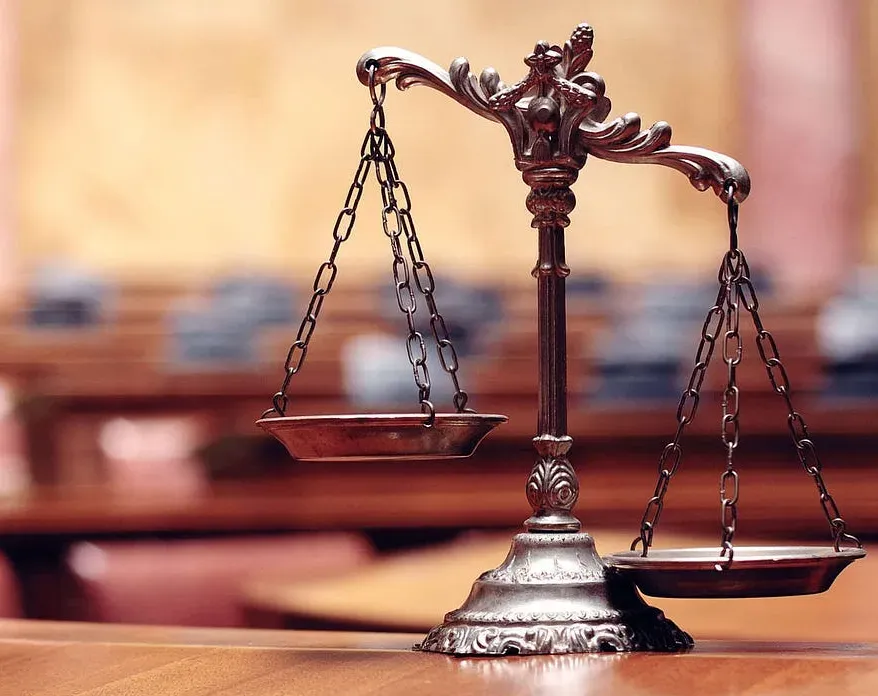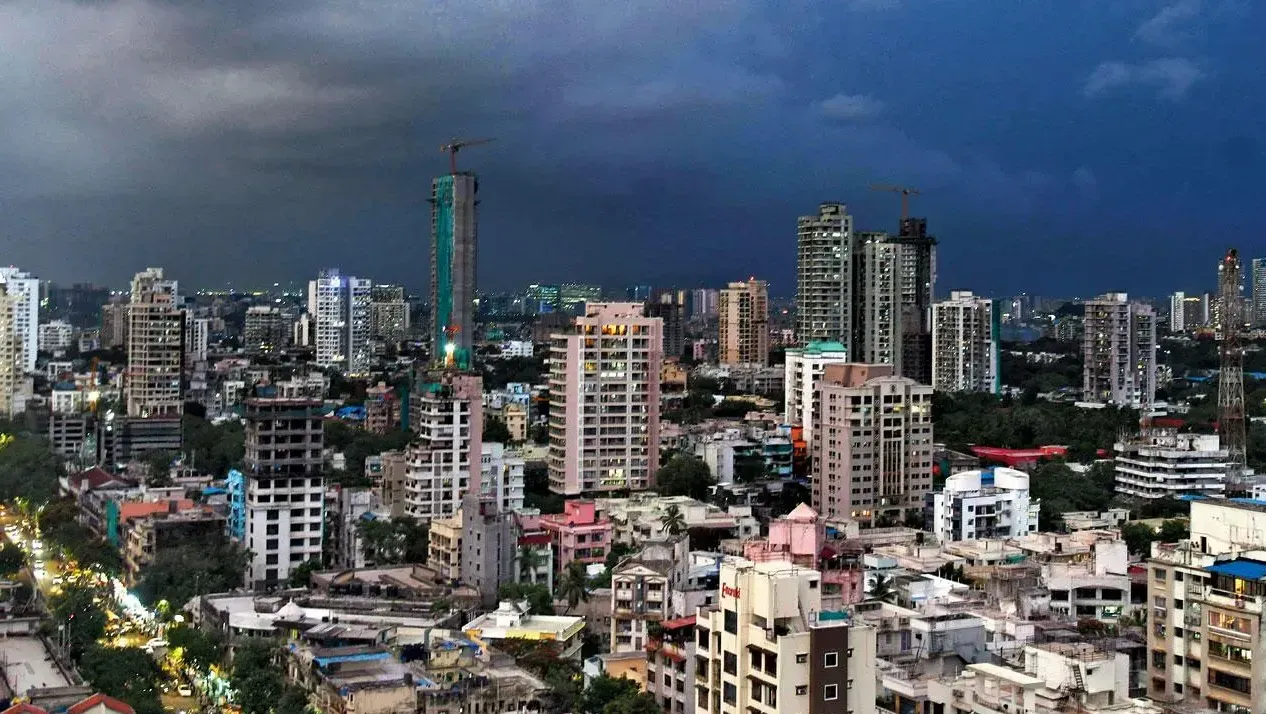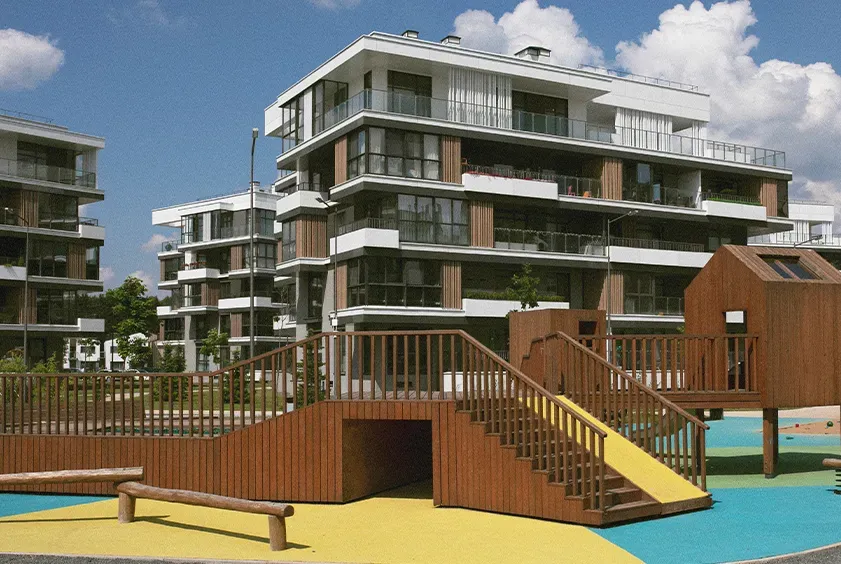Navigating Co-operative Housing Society Rules: Your Rights and Responsibilities as a Homeowner in India 2025

By
Shrusti Naik
Posted on August 5, 2025. 10 mins

Navigating Co-operative Housing Society Rules: Your Rights and Responsibilities as a Homeowner in India 2025
Introduction

According to the latest Maharashtra Cooperative Department census, over 5.1 crore Indians reside in registered co-operative housing societies, a number that has grown 6 % year-on-year . Yet, a 2024-25 MyGate survey found that 42 % of new flat owners could not name their society’s chairman or explain how parking slots were allotted . The gap between living in a society and truly understanding it is wide and expensive when disputes arise.
1. Know the Rulebook Before You Buy
Every society is governed by Model Bye-laws, last updated nationally in 2014 and adopted with state tweaks. Maharashtra’s 2024 circular makes digital circulation of bye-laws mandatory within 30 days of sale . Key takeaways:
- Maintenance charges cover water, common electricity, sinking fund and non-occupancy charges.
- Structural alterations need prior written approval from the Managing Committee and municipal authority .
- Parking slots are allotted on merit, not floor preference, and annual re-allocation is allowed if demand exceeds supply .
Reading the 60-page PDF once can save ₹25,000-₹40,000 in later legal clarifications. You might also like to checkout The Home Selling Checklist
2. Voting Rights: One Member, One Vote But Only if Active
In 2025, only 54 % of owners exercise their vote in Annual General Meetings . Active membership (defined as no dues and attendance in at least one AGM in five years) is required to vote on budget approvals, repairs and redevelopment. Missing two consecutive AGMs suspends voting rights until dues are cleared and attendance restored. Digital proxies are still banned, but e-meetings with e-voting were legalised by Maharashtra in April 2025, boosting participation in Pune’s Amanora Park Town by 18 %. Also read The Unseen Influence of Local Infrastructure Projects on Property Values: A 2025 Indian Playbook
3. Money Matters: Levies, Penalties and Your Right to Ask
Societies can levy late-payment interest at 2 % per month and recover dues via attachment of flats after a 90-day notice . However, any increase in monthly maintenance above 10 % requires a 2/3rd majority in a Special General Body Meeting . A Mumbai High Court order (July 2024) confirmed that owners can demand a line-item budget and refuse ad-hoc charges if not ratified. Pro tip: download the society’s last two audited balance sheets from the Registrar’s portal before purchase. Also check out Fractional Ownership of Real Estate in India 2025
4. Maintenance and Repairs: Who Pays for What
The Managing Committee must conduct a structural audit every five years and allocate sinking-fund contributions accordingly. If the society undertakes major repairs, individual flat owners pay pro-rata unless the defect is common structural. MyGate’s 2024 survey found disputes over balcony leak repairs dropped 34 % when societies circulated photographic evidence and third-party engineer certificates before billing members. You may want to check Understanding Real Estate Taxes
5. Parking, Pets and Visitors: The Daily Friction Points
Despite Rule 168 banning sub-letting of common areas, encroachments on staircase or terrace still occur. Penalties equal to five times the monthly maintenance are now enforceable . Pet policies vary: Karnataka societies must allow pets under a 2023 government circular, while Maharashtra allows societies to frame rules provided they are not breed-specific. Visitor entry via Aadhaar-linked QR codes is gaining traction; Hiranandani Gardens (Powai) saw security-related complaints fall 28 % after implementation. You might as well like to read The Future of Commercial Real Estate
Conclusion

Understanding society rules is no longer optional paperwork, it is financial self-defence. Read the bye-laws once, attend the AGM twice, and challenge every unexplained levy. The member who knows the rules today is the neighbour who avoids tomorrow’s litigation.
Frequently Asked Questions
Q1. Can a society deny me parking if I own two cars?
Yes, one slot per registered vehicle is the default; second slots are allotted only after all first-time applicants are served .
Q2. How often must a structural audit be done?
Every five years; societies failing to comply risk ₹50,000-₹2 lakh fines under the 2024 Maharashtra amendment.
Q3. Can I Airbnb my flat without permission?
No, sub-letting without written consent is a bye-law breach; consent can be revoked annually by the General Body .
Q4. Who pays for lift repairs?
Pro-rata among all members, unless the lift is exclusive to a penthouse, in which case the owner bears full cost.
Q5. What happens if I stop attending AGMs?
You lose voting rights after missing two consecutive AGMs and must clear dues plus attend the next meeting to restore them .